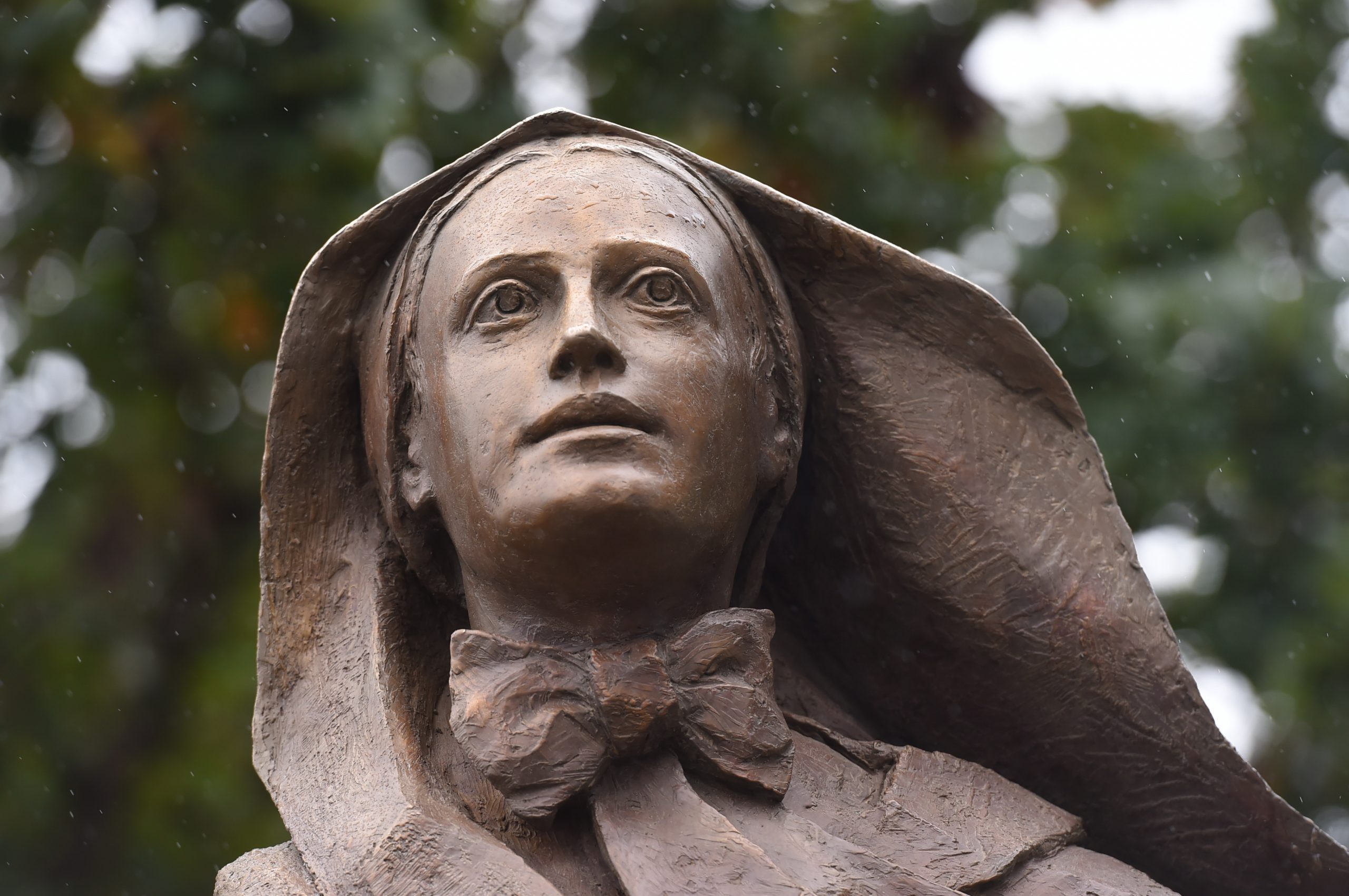Focus on International Woman Day
Sr. Maria Regina Canale, MSC
We know that at the 1st National Women’s Congress, held in Rome in April 1908, in the presence of Queen Elena and Queen Margherita, Mother Cabrini was invited to speak about the condition of immigrant women.
Mother Cabrini was unable to attend due to her many commitments, but she sent a Letter to the President of the Congress, Countess Danieli Camozzi, which was read and acclaimed during the fifth session of the Congress.
Mother Cabrini speaks of Immigrant Women with much respect and love and above all speaking with full knowledge of the facts. Indeed:
- Mother Cabrini is a woman and can understand what a woman who leaves everything behind to travel to a distant land with great uncertainty about the future, can experience.
- She fully shared the condition of “an immigrant woman”; she experienced this condition moved by a missionary desire, but humanly identical.
- Mother Cabrini and all her Sisters also experienced rejection, prejudice against them, and suspicion. In this letter to the Congress of Women, Mother Cabrini talks about the feeling that accompanied the integration of thousands of women immigrants into the welcoming culture.
- Mother Cabrini admires the immigrant women, who despite having to spend all day in a factory or in any other job, do not neglect the education of their children.
- She appreciates the immigrant woman who often follows her husband to work in the fields, thus sustaining the integrity of the family and the common dream of building – even through sacrifice – a better future for them and their children.
But the greatest contribution that Mother Cabrini gave and still gives today through her works and missions, is the formation and empowerment of women.
She desired well educated, and adaptable Missionaries, ready to accept the challenge of inculturaIity, and of internationality. She thought of a universal sisterhood which, in part, she realized in communities formed by Sisters of 10 or 12 nationalities. She did this using a missionary pedagogy based on the Love of the Heart of Jesus and creating in her missions that family spirit that has always characterized our missions.
Mother Cabrini understood that it is essential to learn to coexist with different cultures, without losing one’s own identity, and at the same time be mutually enriching. She did this by trusting in God’s love, and by dialoguing and accepting the challenge of diversity.
Today we can do as Mother Cabrini did, using communication as a means of keeping us in contact with each other and that can be a bonding instrument if used in the right way.
This is what the Letter says at a certain point:
“I have been invited to work for the emigrants, and responding to an intimate attraction of my soul. I have established orphanages, schools and hospitals for them in the main centers of emigration, and I know that these institutes provide effective help to our poor compatriots. They educate their children, they take care of the orphans who lost their parents because of accidents at work, especially in the mines. They heal them when they are ill, both when they are forced to go to the hospital, and when they can reach the dispensary to be treated without leaving their families. I have calculated that about 50,000 people will receive benefits from these institutions each year. This would be a small amount if we did not add the most beautiful, noblest, holiest and most humanitarian part of the mission that I have so much at heart among emigrants. That is what our Sisters carry out in the various countries: the orphanages are good, the schools excellent, the hospitals too, but there is a charity that all our emigrants need, a charity that must be practiced with everyone without distinction, and especially with women”.
From the Letter of Mother Cabrini to the National Woman Congress 1908

